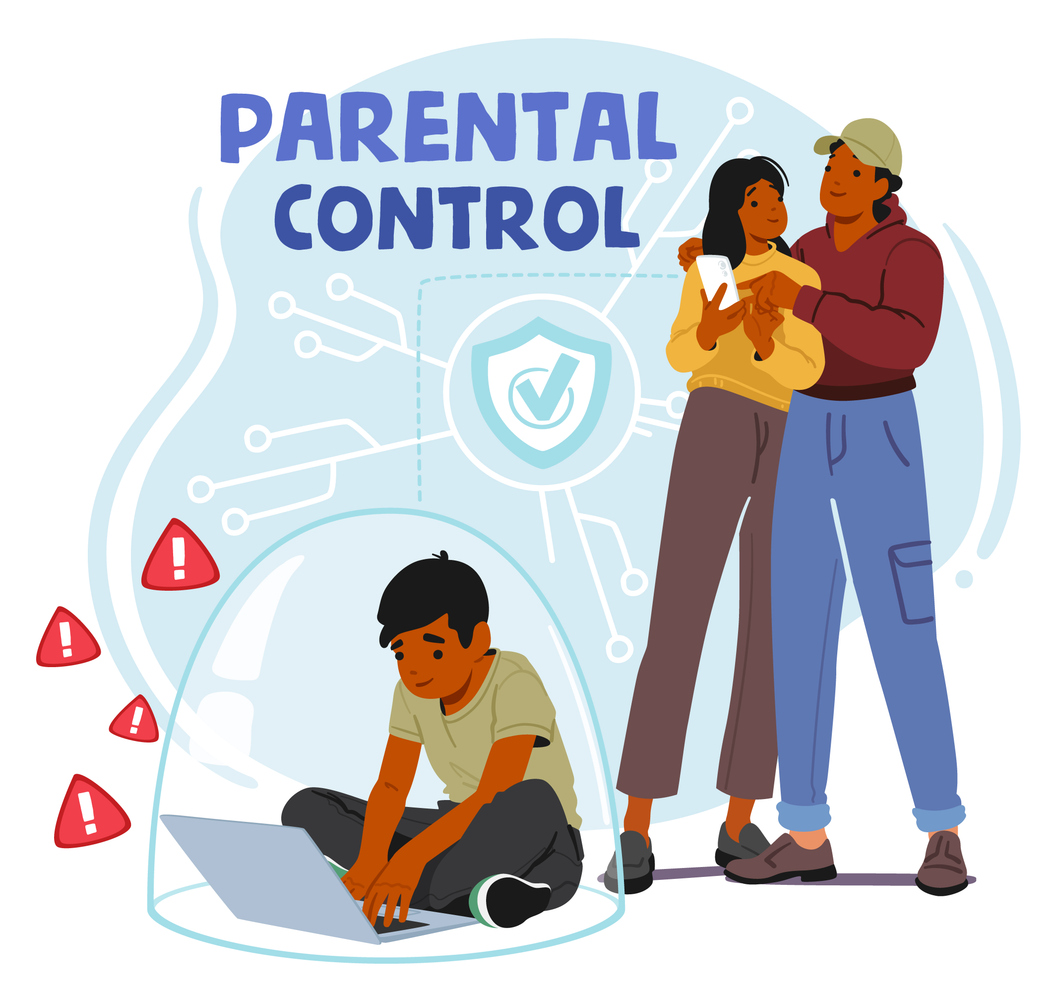Recently the legislature created a new state agency, the Department of Early Learning, and gave it astarting budget of $330 million. With this move state lawmakers jumped on the early learning bandwagon, calling for new programs directed at Washington’s youngest children, those under age five. Our research indicates, however, that all the excitement in Olympia might be premature. Extensive national studies and lessons from other states indicate that highly-touted center-based care programs often do not deliver the promised academic results.
Proponents of early learning programs argue that young children are entering school at a disadvantage, and this contributes to low academic achievement and high drop-out rates. Yet states like Oklahoma, New Jersey and Georgia have all offered highly-regulated universal preschool programs (some costing taxpayers as much as $11,000 per child per year), and the results are not encouraging. Early academic gains fade quickly, and by the fifth grade there is no measurable improvement for children who attended early learning programs.
Testing shows that in general our children in kindergarten through fourth grade are doing just fine. Our fourth graders earn “A’s” on international tests and outperform their peers in France, Germany and Italy in reading, even though nearly all the three-and four-years olds in these European countries are sent to tax subsidized, center-based institutions.
In math, our fourth graders have above-average scores on the TIMMS test, and in science, they score third, only after kids in South Korea and Japan. By the time our children reach eighth grade, however, our academic standing falls dramatically. American students score no better than “C” on the global curve in math and reading, and our twelfth graders score “D.” The longer American students are in public schools, the poorer they perform compared to their international peers.
These findings are supported by recent brain research. The healthy development of very young minds depends on the quality and reliability of a young child’s relationships with the important people in his or her life, especially parents. Sensitive and responsive parent-child relationships are associated with stronger cognitive skills and enhanced social competence and work skills later in school. The science shows a direct connection between the social and emotional development of young children and their intellectual growth.
Conversely, too much time away from parents and in institutional care can inhibit a small child’s social and emotional development. Social scientists at U.C. Berkeley and Stanford found that while institutional care provides some benefits for low-income children, for many children more hours in center-based care, 15 to 30 hours a week, resulted in “no cognitive gains and substantially greater behavioral problems associated with additional hours of attendance.”
Eagerness and natural curiosity are important social attributes of very young children, but that natural excitement can be stifled by an over-structured environment, such as center-based care. Researcher Bruce Fuller makes an astute observation of what early learning “school” looks like to an energy-packed four year old:
“Institutions, no matter how small and warm and fuzzy, start to regulate kids’ behaviors. Once you rigidify and routinize that, then kids start to shut down, and their cognitive growth starts to slow down.”
Fortunately, the vast majority, 77%, of Washington’s 442,000 children under age five are currently cared for in family-based, non-institutional settings. They receive care from a parent at home, a friend, neighbor, relative or paid nanny care. Most parents in Washington choose individual home-based care, not an institutional setting, for their very young children. These children tend to learn self-control and socializing behaviors that prepare them for the classroom, without dampening their natural curiosity.
Once a child has learned social and behavior skills at home, teachers in kindergarten can then tap the child’s excitement to learn to build student success that prepares the child for later grades.
Based on our research, we recommend that state leaders base a strong early learning policy on three core principles:
- Support parents and young children. Public policy should encourage and support stable, long-term relationships between parents and their children.
- Encourage voluntary participation. Public assistance to families seeking early learning programs should be individual, portable and voluntary. Decisions about whether a child should participate should be made by parents, not program managers. Programs based on universal or mandatory participation should be avoided.
- Target public assistance. Early learning program design should be targeted to families in need. Programs should help low-income parents foster close, long-lasting relationships with their children. Public subsidies should not be used by wealthier families to shift routine daycare expenses onto taxpayers.




